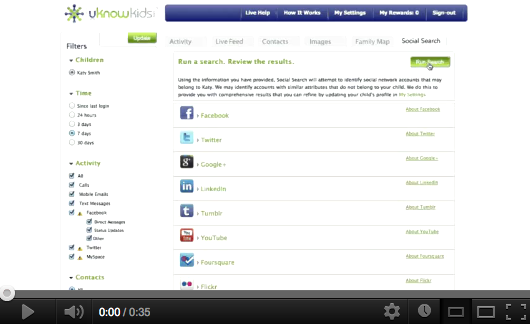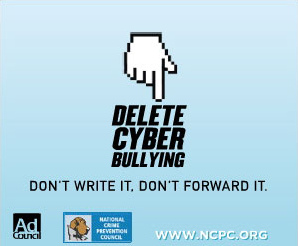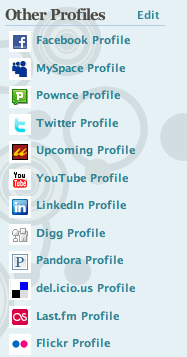When it comes to kids and their online activities, the term parental controls has been replaced by parental monitoring. Children are more technologically savvy than ever before, and they can easily get around most of the controls that you put in place. If they have Internet access, all they have to do is Google something for more information. Furthermore, YouTube is becoming more popular each day for its entertaining content and for the fact that it often has step-by-step, how-to videos on virtually anything.
Young kids also know not only how to make cell phone calls and send text messages, they can download and use most smart phone applications. Overall, developing technical skills and gaining independence is beneficial to kids. However, as the saying goes, greater freedom comes with greater responsibility.




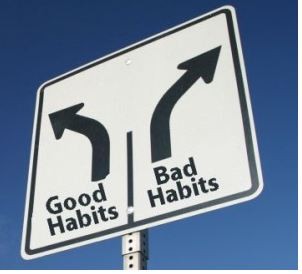
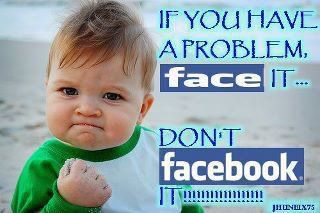

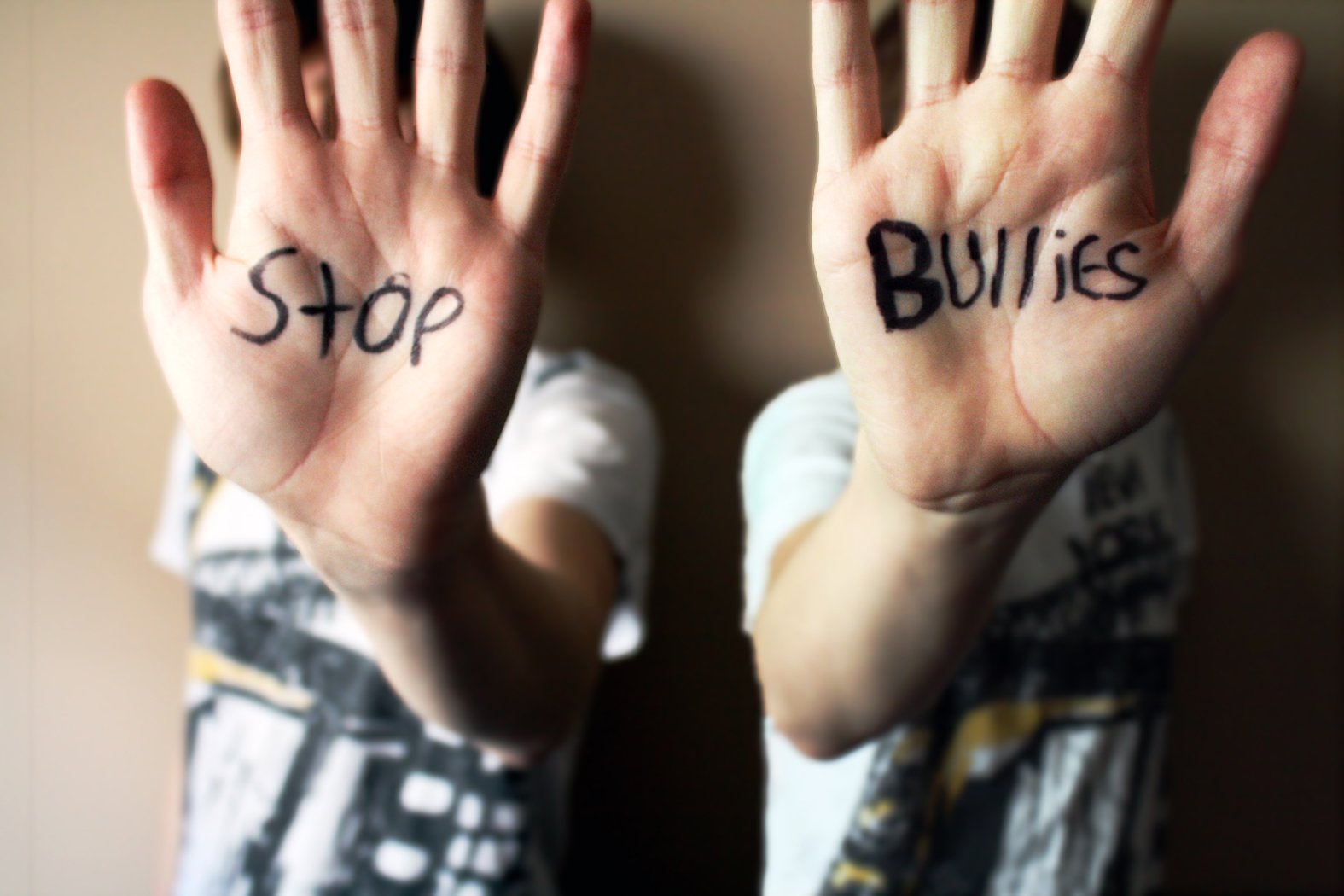

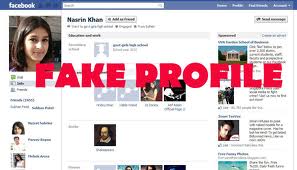
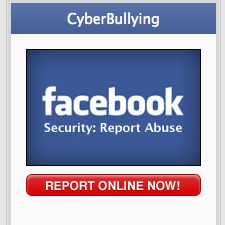
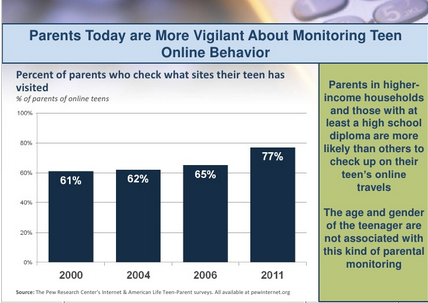
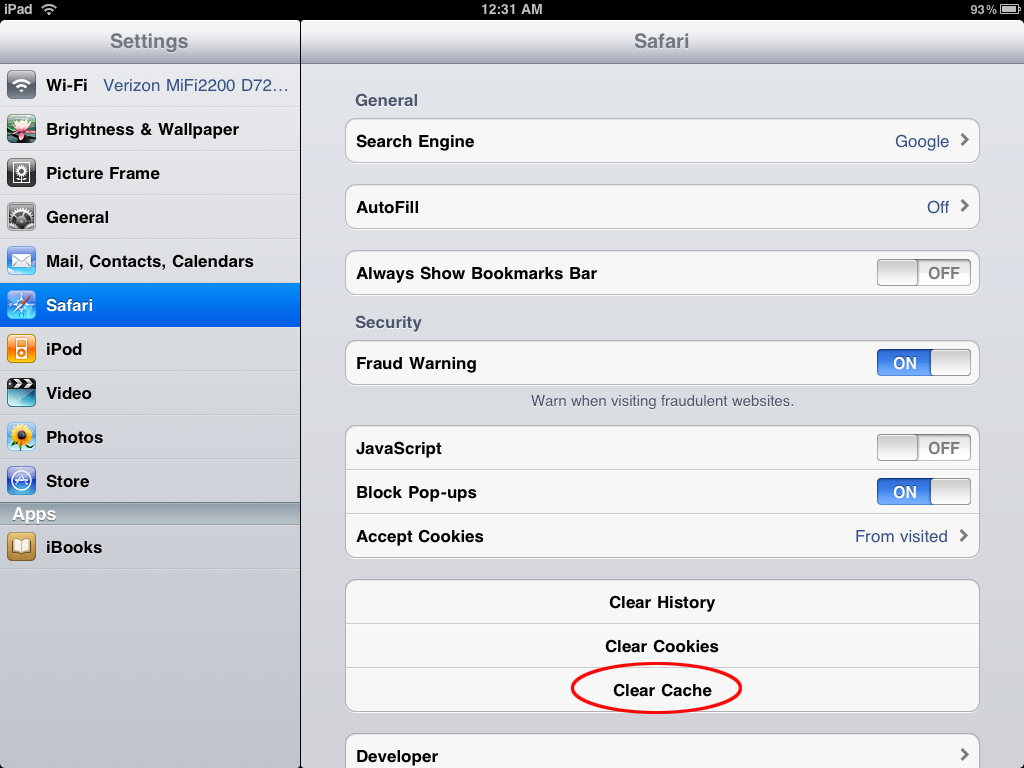
 An interesting article reported by the New York Times: Kids Safety, Facebook Depression and How Depressives Surf the Web. By SRIRAM CHELLAPPAN and RAGHAVENDRA KOTIKALAPUDI
An interesting article reported by the New York Times: Kids Safety, Facebook Depression and How Depressives Surf the Web. By SRIRAM CHELLAPPAN and RAGHAVENDRA KOTIKALAPUDI Is Facebook creating a melting pot for online predators and cyberbullying by
Is Facebook creating a melting pot for online predators and cyberbullying by  With the sprawling number of cyberbullying, sexting, and faculty/predator scandals of late the Arlington County School Board is Considering a Social Media Policy applying to teachers and staff. As reported by
With the sprawling number of cyberbullying, sexting, and faculty/predator scandals of late the Arlington County School Board is Considering a Social Media Policy applying to teachers and staff. As reported by 
